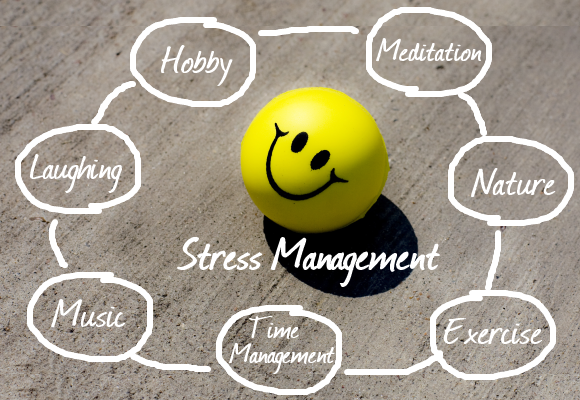- Select city
-

- 0
- Login/Register

Why is stress so significant today? It is significant to have honest conversations about it to deal with stress. You may seem to be a strong person and still deal with stress. Being mentally strong is not the same as being mentally healthy. When pressure is suppressed, it will manifest even stronger. Stress results in reducing our thinking capacity changing our habits and attitude. The long-term effects of Stress are Anxiety, Personality Disorders, Heart-related diseases like High blood pressure, abnormal heartbeats, stroke, memory loss, problems in concentration, sleep issues, weight gain, etc.
How do you know if you have stress? “I don’t have a nervous system,I am a nervous system”
Usually, people that are handling stress are feeling anxious and nervous. Mental illness can be invisible. The signs of being stressed are:
. Difficulty in concentration
. Lack of motivation and feeling low
. Physical symptoms include body aches, dizziness, weight loss, headaches, diarrhea, etc.
. Sleeping disorder, overthinking, excessive worrying, and mood swings
. Isolating from others, use of addictive things
. Other symptoms include the feelings of being stuck, loss of control, loss of appetite, etc.
Types of Stress
Stress is differentiated into four types:
1. Acute Stress: is the body's immediate response to a new challenging situation. This type of stress can occur when a person is frightened and when a person is enjoying it. This stress does not last long and results from daily pressures and expectations.
2. Episodic Stress: This type of stress results from a long-term stressful event (unhappy relationship or chronic illness). The person with episodic stress seems to be nervous and anxious.
3. Chronic Stress: When a person experiences high-stress levels for an extended time, chronic stress negatively impacts health.
4. Eustress: It is a positive type of stress, making you feel overwhelmed, excited, confident, and adequate. E.g., Roller coaster rides.
Ways to De-Stress: “Don’t forget to close all the tabs within the Brain too”. The most important tip to reduce stress is to stop giving your energy to things that drain your mind. Here are some five exclusive ways which you can use in any situation:
5-4-3-2-1 Method: Name the surrounding things:
. Five things you can see
. Four things you can sense and touch
. Three things you can hear
. Two things you can smell
. One thing you can taste
Mindfulness meditation:
. Sit and lie down in a quiet, comfortable place. Relax and focus on breathing.
. Center your attention to the breath or sensations in your body.
. Don't ignore or suppress your thoughts. Observe and don't judge them, and remain calm.
. Practice this exercise for 5 minutes.
Visualization:
. Think about a peaceful & calming place where you have been or would like to be.
. Imagine and try to observe things in your imagination.
. Try to sense the things there (touch, hear, see, smell, and taste). Notice the sensations in your body, and your emotions will change.
. After you feel good, don't forget to come back to reality.
Butterfly Hugs: It is essential to take deep breaths throughout this exercise.
. Cross both your arms over your chest, placing your hands over each shoulder.
. Tap your shoulder gently with each hand, alternating hands in between.
. Continue this exercise until you are feeling more relaxed.
Belly Breathing:
. Sit down comfortably in a position and close your eyes.
. Inhale softly through your nose until your belly button is packed with air.
. Hold your breath for a few seconds and breathe out slowly through your mouth (as if you were breathing through a straw).
. Repeat several times.
Benefits of Stress Management:
. Stress boosts your immune system
. Fewer headaches
. Less joint pain
. Better sleep schedule
. Easier weight loss
. Less indigestion
. Good nutrition
. Improved hormone balance
. Lower Blood pressure
. Lower Blood Sugar